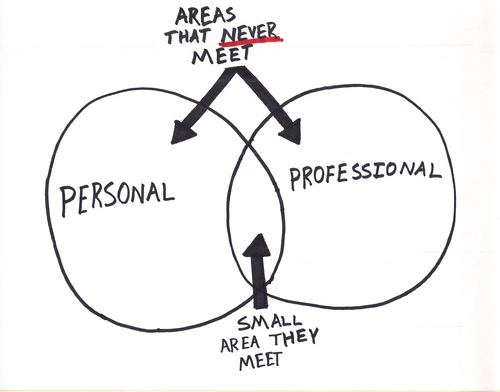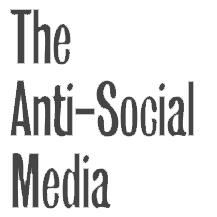Personal Branding 101: Privacy and Porn

One of my favorite things to do on Twitter is see who other people are following. It gives this wonderful sense of spying, like you’re seeing something you’re not supposed to be seeing. It’s also a great way to see who other people consider important and find new people to follow.
Unfortunately, for every gem you’ll find, you can also find a turd. And every now and then, you’ll find an atomic bomb like I did.
I was browsing who a Twitter user followed the other night. Everything starts normally, and I see a bunch of people we have in common and some celebrities. Then, I start noticing a number of strange profiles. Their avatars are grainy and have pictures of increasingly scantily clad bodies. My curiosity led me to a couple of profiles, where I realize that this person followed a significant number of pornographers.
I wouldn’t have cared at first, but this person named his/her account “MyName_JobTitle.” Really. Name, job, and face all right there following a barely covered behind. Not only do I know what they like to read and who they like to talk to, but I also know how they like to get down and do the nasty.
Unless you are involved in the adult industry, and face it, if you’re reading this blog, you probably are not, there is no reason you should use a public account with your name, face, and personal info to connect with naughty pictures and materials. You don’t need a social account to find porn online. If you really want to let out your inner social media slut, make a separate account. Don’t use your real name and photo, and have fun. Don’t ruin your image and name by attaching your identity and work life. If you have to ruin your professional life, at least do so in a way that has a good story.
I don’t really care who you follow online. I do care that you make yourself look the best you can online. You don’t want your clients and friends to find out everything about you from your Twitter account. You’re an adult, you should know better. Start acting like one.






